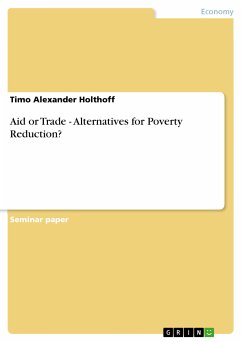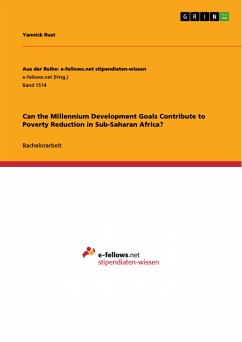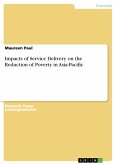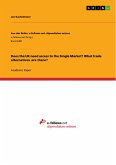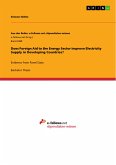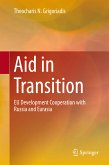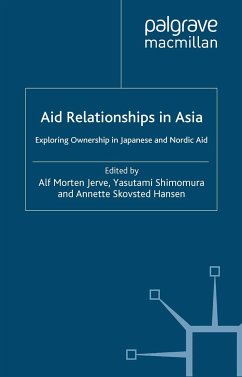Seminar paper from the year 2009 in the subject Economics - International Economic Relations, grade: 1,0, University of Göttingen (Institut für Entwicklungsökonomie und Internationale Wirtschaft), course: Master Seminar "Development Aid", language: English, abstract: This paper is based on the debate of "aid vs. trade", two rather antagonistic approaches to development. These different conceptions of development and underdevelopment date back to the competing theories of modernization, dependency and neo-liberal foreign trade theory and are most currently reflected by the discourse of scholars like Jeffrey Sachs vs. William Easterly or Dambisa Moyo. Drawing arguments from both sides, the paper advocates the embracing approach of trade related development assistance called "aid for trade" that was born out of the WTO - Doha negotiations. In a first part, this paper depicts the benefits of free trade in general from a theoretical and empirical point of view. In the second part, it critically examines why these benefits do not materialize in the poorest countries due to internal and external structural barriers. In a subsequent part it analyses if the development concept of "aid for trade" might be a means to overcome some of these obstacles and empower developing countries to engage in more profitable trade. The genesis, objectives, forms and principles of the aid for trade concept are reviewed with regard to their relevance and efficiency in trade-related poverty reduction.
